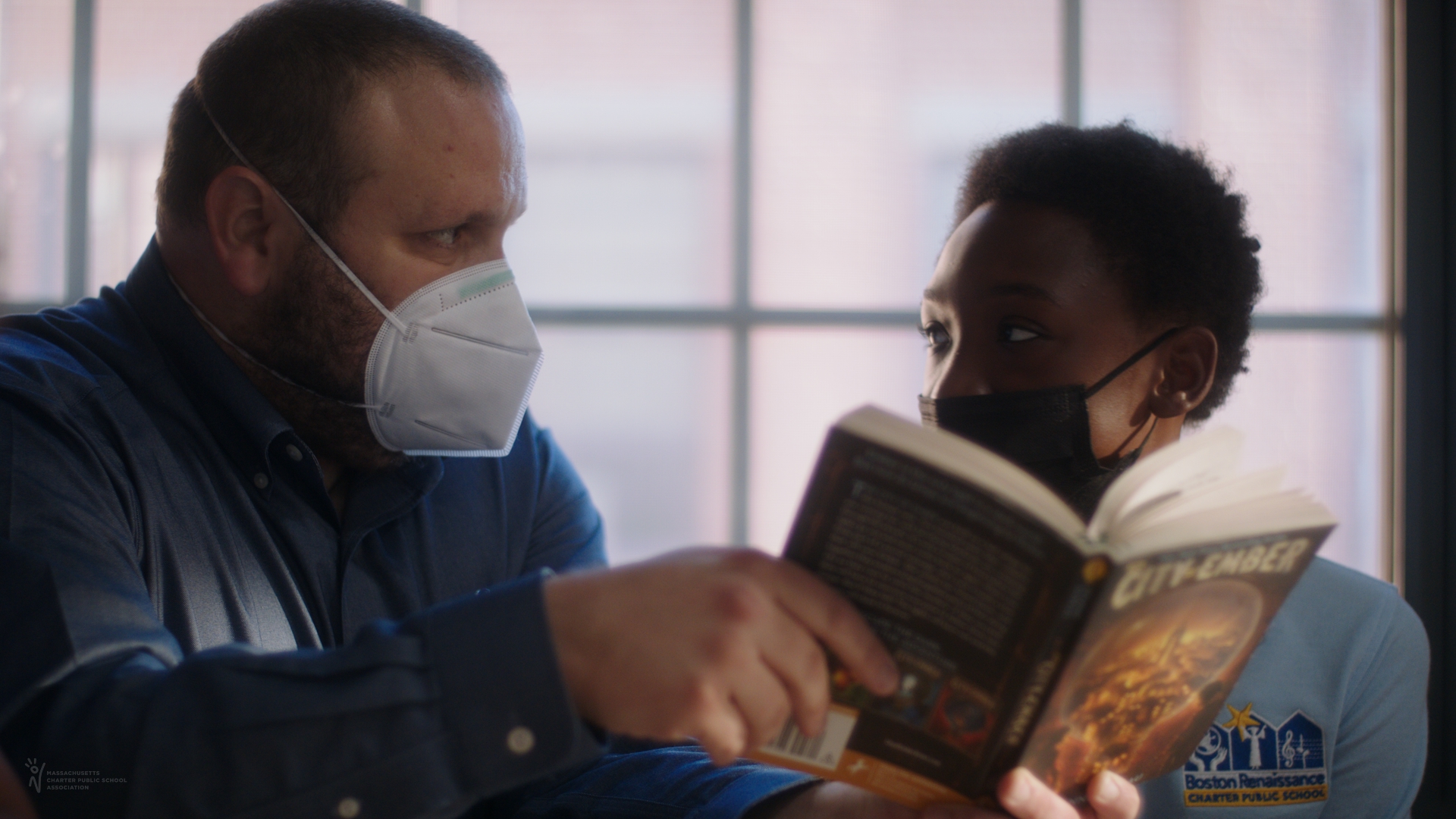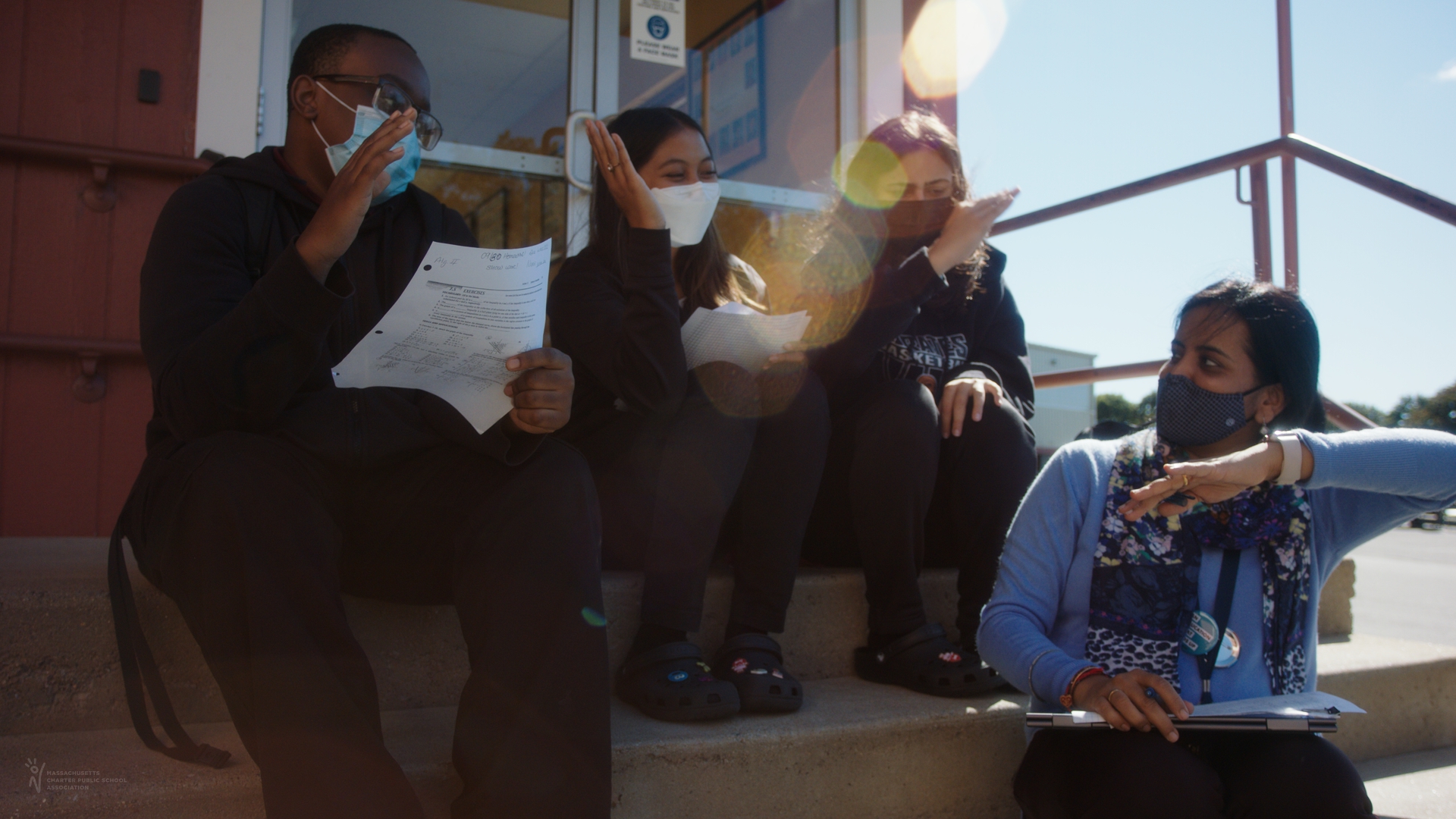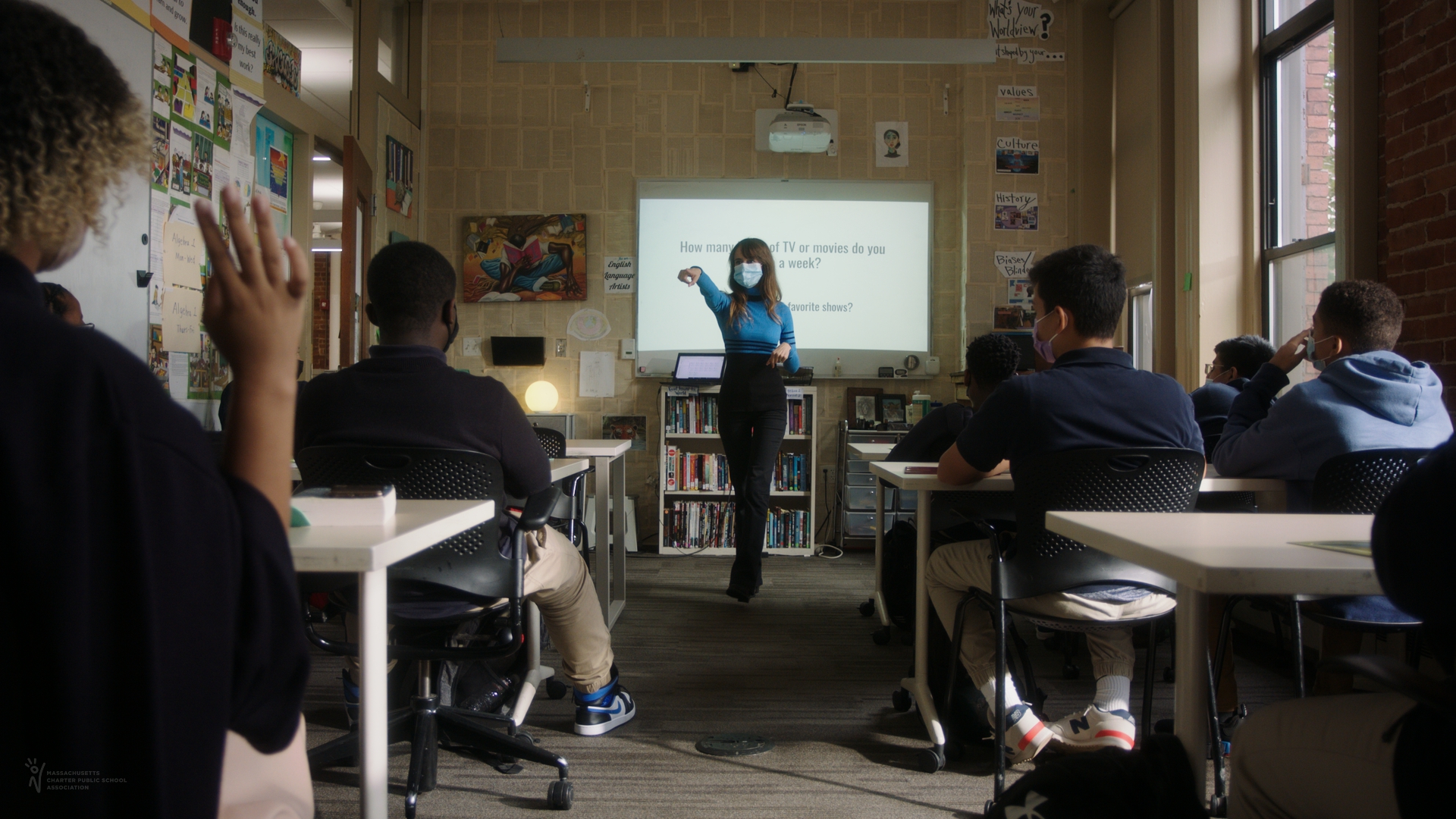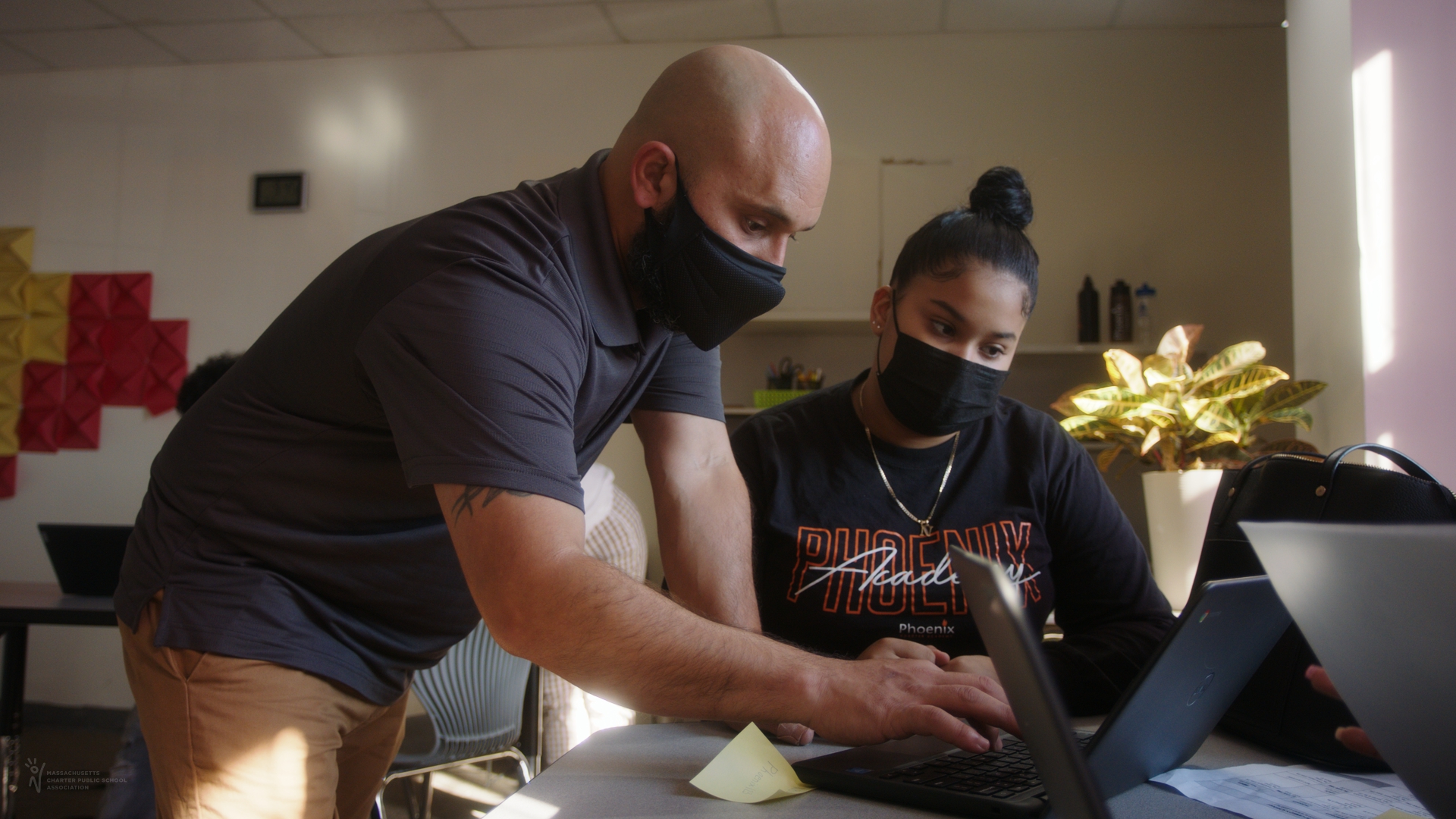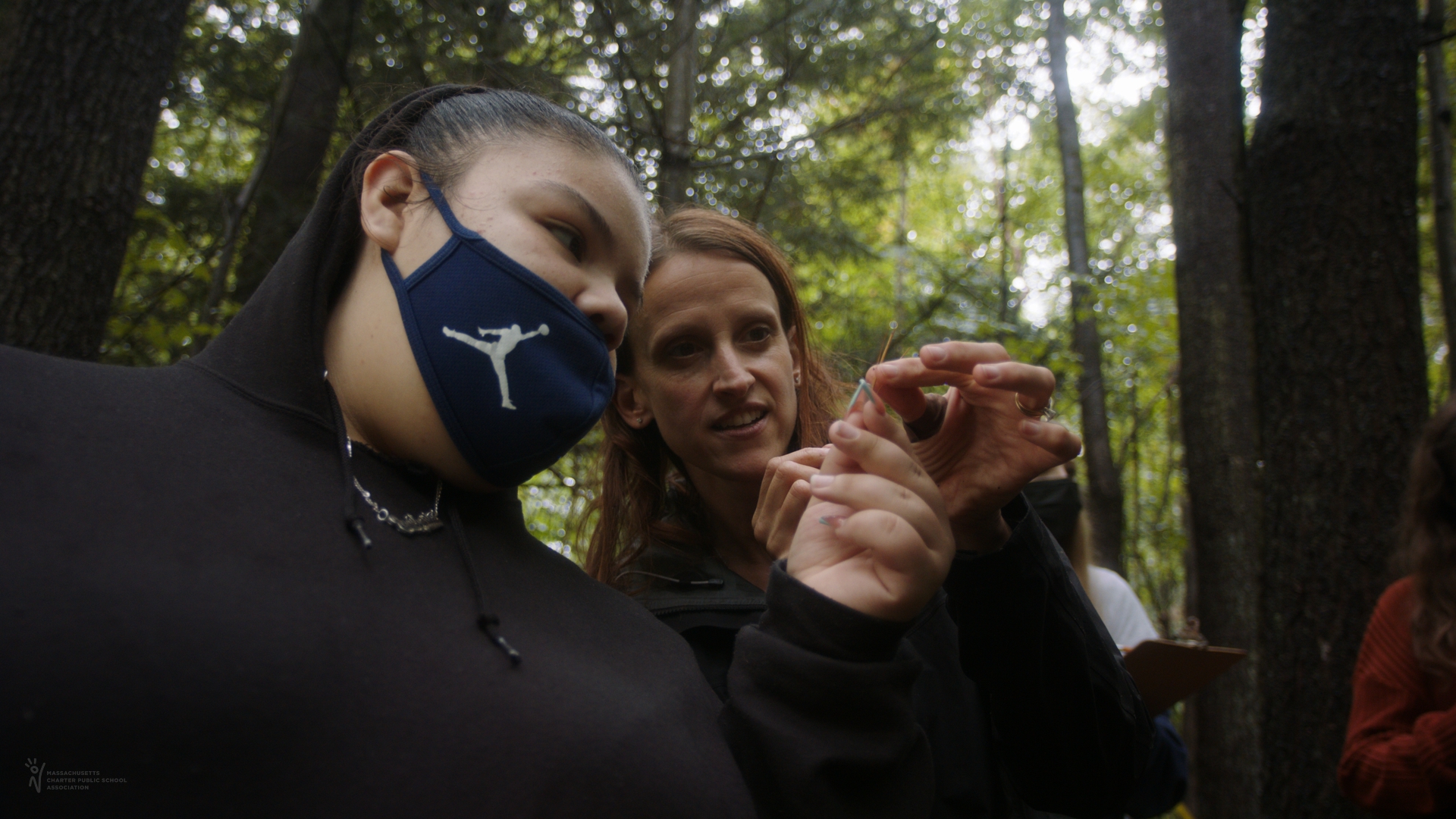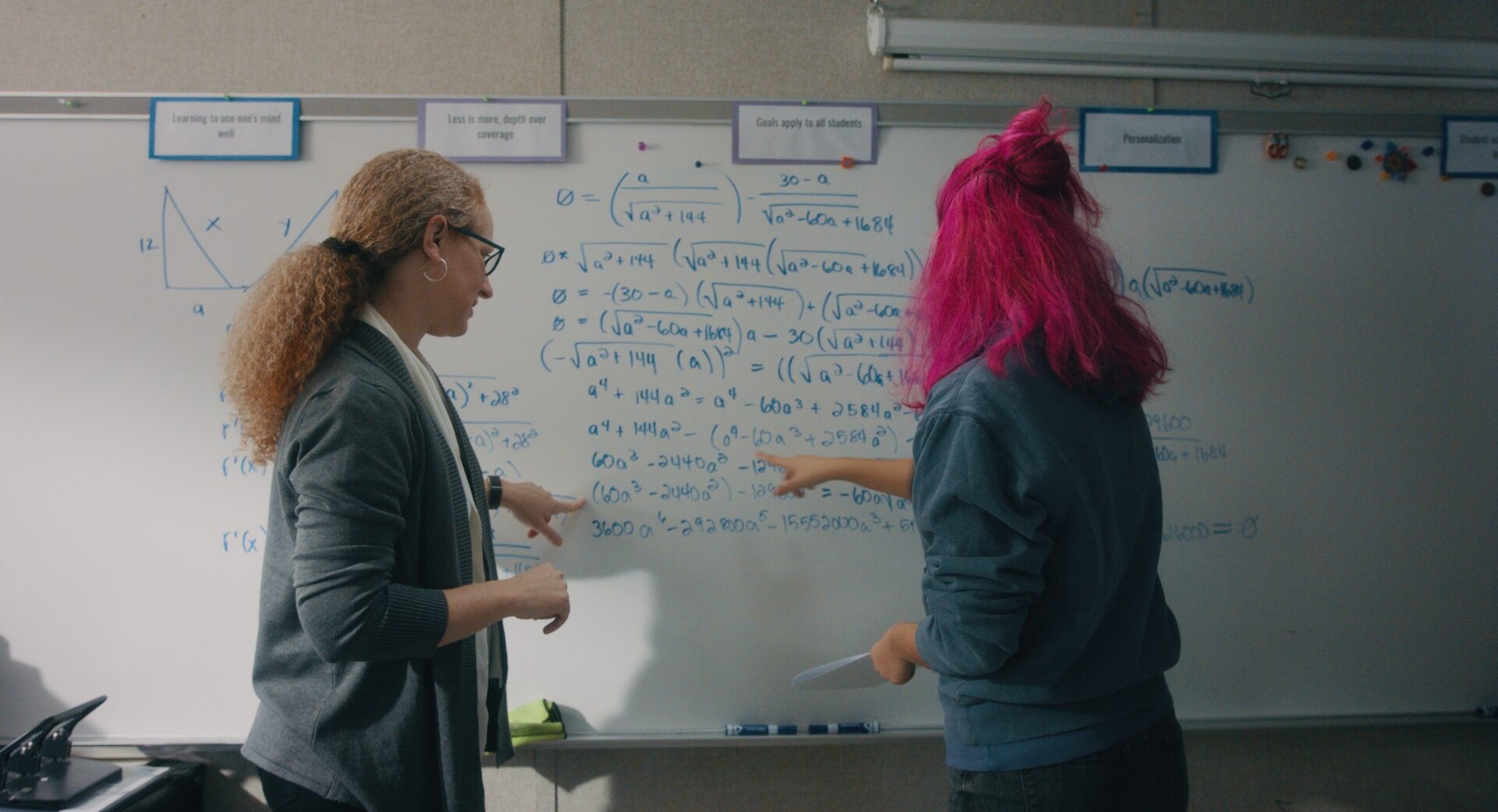WHAT ARE CHARTER PUBLIC SCHOOLS?
Charter public schools are an important part of the Massachusetts public school system. First authorized by the Education Reform Act of 1993, the Massachusetts charter public school sector has grown from an initial cohort of 15 schools in the fall of 1995 to nearly 70 programmatically diverse schools across the state.
Learn MoreCHARTER PUBLIC SCHOOLS HAVE GREATER AUTONOMY
Schools operate under five-year charters granted by the Commonwealth’s Board of Elementary and Secondary Education. Charter public schools have greater flexibility in how they approach key elements of education, including:
Curriculum Design
Staffing
Teacher Leadership
Professional Development
School Culture
WHERE ARE CHARTER PUBLIC SCHOOLS IN MASSACHUSETTS?
- Students 46000
- Teachers 3000
- Charters 67
- Gateway Cities 50%
- Boston 20%
- Suburban & Rural 30%
charter public schools serve a diverse student population
*Student population data come from the Department of Elementary and Secondary Education’s School and District Profiles from SY 2025-2026 for all Commonwealth charter public schools.






